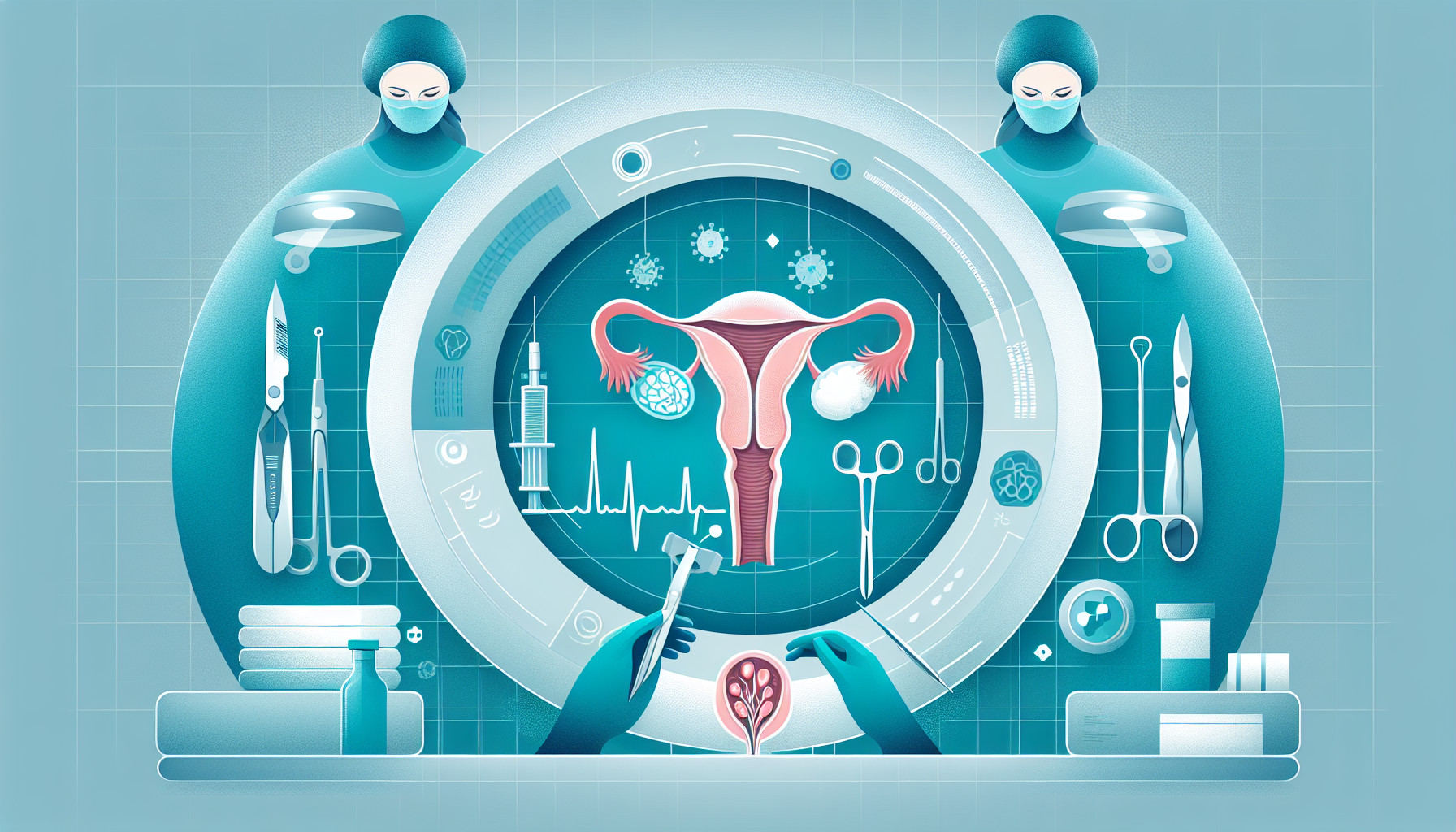Our Summary
The research investigates the role of certain gut bacteria in women with Polycystic Ovarian Syndrome (PCOS). They found that women with PCOS had high levels of a type of bacteria called Bacteroides. This was also seen in mice that were artificially induced to have PCOS. When the researchers treated the PCOS mice with antibiotics to remove these gut bacteria, the symptoms of PCOS improved, as did resistance to insulin (a common problem in PCOS).
The study also looked at the role of a substance called chenodeoxycholic acid (CDCA) which can stimulate a receptor in the intestines that helps regulate glucose (sugar) metabolism. They found that treating the PCOS mice with CDCA improved their glucose metabolism, suggesting that this might be a useful treatment for women with PCOS.
The researchers also transplanted fecal matter (which contains gut bacteria) from women with PCOS into mice and found that these mice developed insulin resistance, but not PCOS itself. This suggests that while these gut bacteria can cause problems with insulin, they might not be the only cause of PCOS.
In simpler terms, the study suggests that certain gut bacteria might play a role in PCOS and its associated insulin resistance, and that treatments targeting these bacteria or the receptors they affect could be beneficial. However, more research is needed to fully understand the relationship between gut bacteria and PCOS.
FAQs
- What role do gut bacteria play in Polycystic Ovarian Syndrome (PCOS) according to the research?
- How did the treatment with antibiotics and chenodeoxycholic acid (CDCA) affect the mice with PCOS in the study?
- Can gut bacteria alone cause PCOS according to the study?
Doctor’s Tip
A doctor might tell a patient that removing ovarian cysts can help improve symptoms of PCOS, such as insulin resistance. They may also recommend maintaining a healthy gut microbiome through a balanced diet, probiotics, and possibly antibiotics or other treatments targeting specific gut bacteria to help manage symptoms of PCOS. It’s important to consult with a healthcare provider for personalized treatment options.
Suitable For
Patients who have ovarian cysts that are causing symptoms such as pain, bloating, or difficulty with bowel movements may be recommended to have the cyst removed. Additionally, patients with ovarian cysts that are large, growing, or causing concerns about cancer may also be recommended for removal. Patients who have ovarian cysts that are impacting fertility or causing hormonal imbalances may also be candidates for ovarian cyst removal. Ultimately, the decision to remove an ovarian cyst will depend on the individual patient’s symptoms, medical history, and overall health.
Timeline
Before ovarian cyst removal:
- Symptoms of ovarian cysts such as pelvic pain, bloating, and irregular menstrual cycles may develop.
- The patient may undergo diagnostic tests such as ultrasound or MRI to confirm the presence of ovarian cysts.
- Treatment options such as watchful waiting, hormonal birth control, or surgery may be discussed with the patient.
- If surgery is recommended, the patient will undergo pre-operative preparations such as fasting and medication adjustments.
After ovarian cyst removal:
- The patient will undergo the surgical procedure to remove the ovarian cyst(s).
- Recovery time will vary depending on the type of surgery performed, with laparoscopic surgery typically having a shorter recovery period than open surgery.
- The patient may experience post-operative symptoms such as pain, swelling, and fatigue.
- Follow-up appointments will be scheduled to monitor the patient’s recovery and address any concerns.
- Once fully recovered, the patient should experience relief from the symptoms associated with the ovarian cysts.
What to Ask Your Doctor
- What are the risks and benefits of ovarian cyst removal surgery?
- How will the surgery be performed and what is the recovery process like?
- Are there any alternative treatments or medications that could be considered before surgery?
- Will removing the ovarian cyst affect my fertility or hormone levels?
- How likely is it that the ovarian cyst will come back after surgery?
- Are there any lifestyle changes or dietary recommendations that could help prevent ovarian cysts in the future?
- Could the removal of the ovarian cyst have any impact on other health conditions I may have?
- Are there any potential complications or side effects associated with the surgery?
- How long will it take to fully recover from the surgery and resume normal activities?
- Will I need any follow-up appointments or monitoring after the surgery?
Reference
Authors: Yang YL, Zhou WW, Wu S, Tang WL, Wang ZW, Zhou ZY, Li ZW, Huang QF, He Y, Zhou HW. Journal: Endocrinology. 2021 Oct 1;162(10):bqab118. doi: 10.1210/endocr/bqab118. PMID: 34145455
